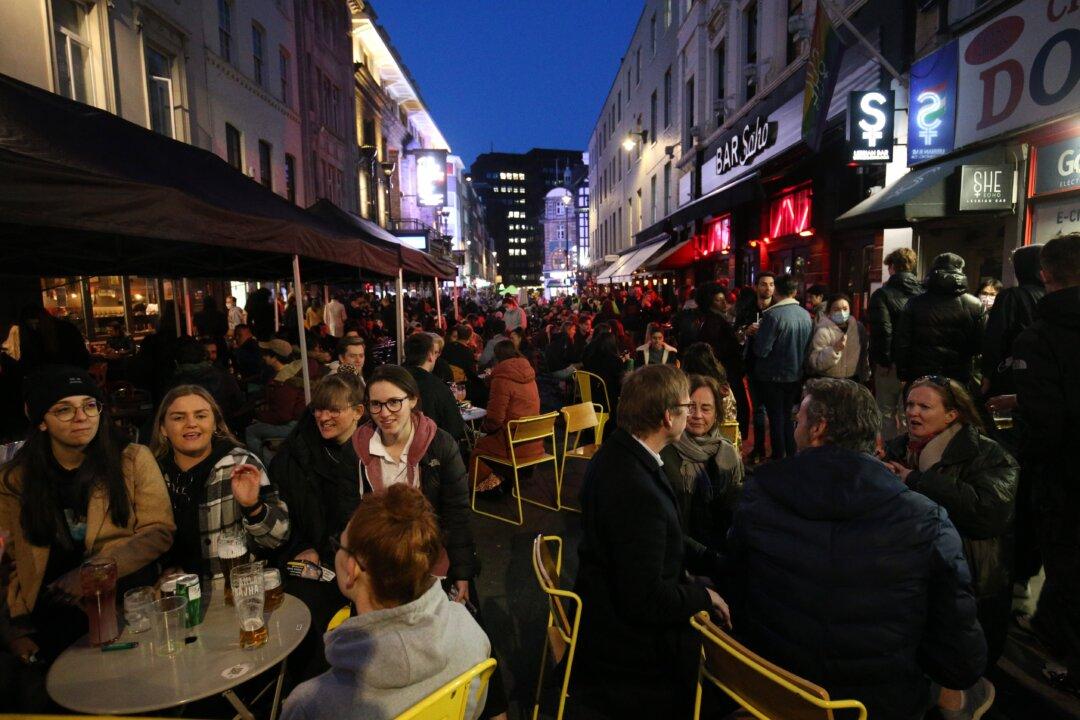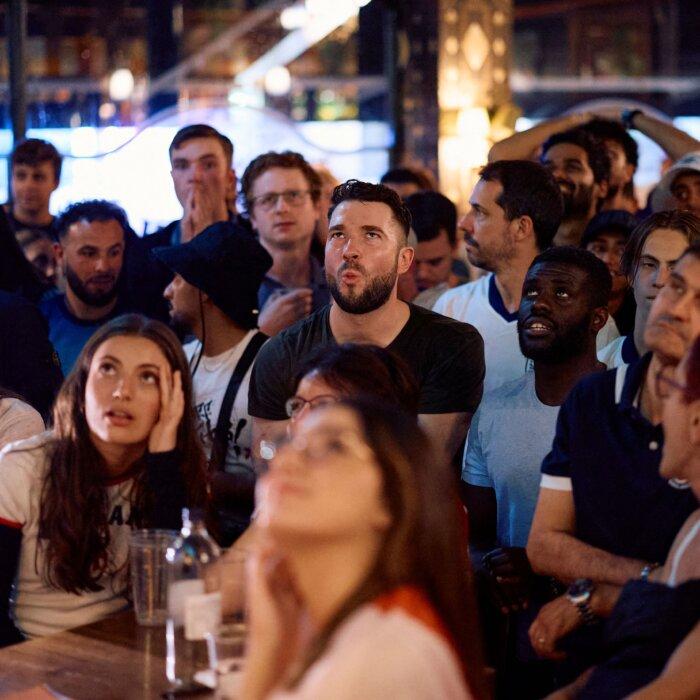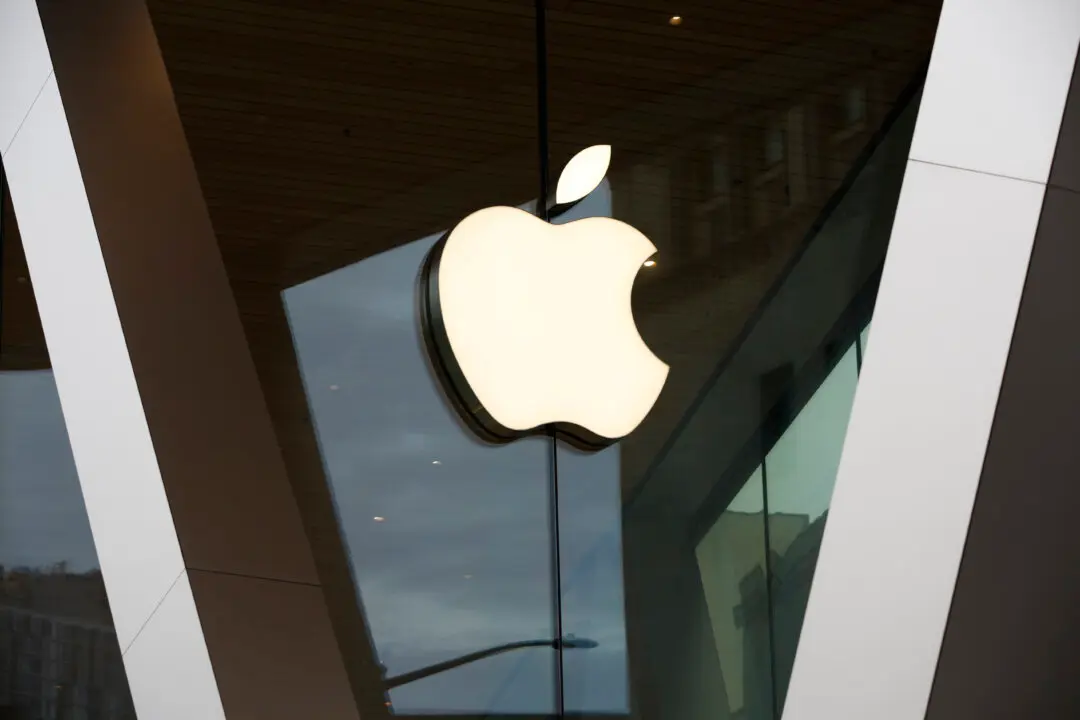London councils that block extended opening hours for nightlife venues could see their decisions overturned by the mayor, under new “call-in” powers announced by the government.
Part of a new pilot scheme revealed on Friday, the changes aim to cut red tape in the £62 billion hospitality sector by allowing later openings and more outdoor dining for pubs, clubs, and restaurants.
If successful, the scheme could be rolled out to other mayor-led regions in England, including Greater Manchester and the West Midlands.
“Our pubs, restaurants, and live music venues are the beating heart of our cultural life. It’s time to give the Mayor of London powers to support them, rather than letting a vocal minority block much-needed growth,” said Deputy Prime Minister Angela Rayner in a statement.
London Mayor Sadiq Khan welcomed the move, saying it would boost tourism and drive economic growth.
The announcement comes as the hospitality industry faces mounting pressure from rising wage costs, business rates, and national insurance contributions.
While the law aims to improve public safety, business leaders have raised concerns about the costs burden, particularly for smaller venues.
Licensing System Reform
In England and Wales, the Licensing Act 2003 sets out the rules for selling alcohol, providing entertainment, and serving late-night food. Its core aims are to reduce crime, ensure public safety, and prevent public nuisance.Under the law, the licensing decisions for night-time venues in London—such as pubs, bars, and clubs—are primarily made by local councils.
Each of London’s 32 boroughs (plus the City of London) acts as a licensing authority, responsible for granting or refusing premises and personal licences.
The new scheme could allow Khan to intervene in specific cases where local decisions may be seen as restrictive.
Emma McClarkin, chief executive of the British Beer and Pub Association (BBPA), said the act is in need of a “long-overdue” review. She argued that the current legislation restricts pubs’ ability to meet customer demand and serve alcohol responsibly.
The NTIA and UKHospitality have also called for reforms and an “improved licensing system that is fit for the 21st century.”
Both are members of the government-backed taskforce, which over the next six months will develop recommendations to support the nightlife industry.
The government has acknowledged that the current system often lacks proportionality and transparency, with some rules creating unnecessary barriers to growth and investment.
These include blanket bans on late-night hours and anti-competitive tactics by rival businesses.
Chancellor Rachel Reeves vowed to create conditions for businesses to thrive and “not be held back by burdensome regulation.”
London After Dark
Meanwhile, new plans from Westminster Council, the UK’s biggest licensing authority, are set to change how nightlife works in parts of London.As part of its Westminster After Dark Strategy, the council is creating dedicated late-night entertainment zones to move live music and entertainment away from residential areas.
The strategy also includes ideas like “quiet nights” with lower noise levels and dimmed lighting.
The proposals have sparked criticism from the Conservative Party. Shadow business secretary Andrew Griffith accused the Labour government of making life harder for hospitality businesses.
“The government claims it is looking to slash red tape on business whilst doing the exact opposite, with their smoking ban proposals, scrapping of takeaway pints, recycling tax and attack on free speech in venues all set to make life harder for our publicans – and that’s all before the impact of their jobs tax and Employment Rights Bill kicked in.
“But with Labour-run Westminster Council trying to enforce ‘quiet spaces’ on the capital’s night-time economy, and Sadiq Khan’s former night tsar overseeing over 3,000 venue closures, it is clear Labour does not understand business,” he said.
However, a spokesperson for Westminster Council said it supports businesses while also listening to local residents and the police.
They noted that most licence applications are approved, and only rejected when safety concerns or serious disruptions are likely. The council added it wants to see more details before commenting further and said local authorities should be included in any future planning groups.
London Councils, which represents all 32 boroughs, has called for more say in shaping London’s nightlife, asking for a new power-sharing deal with Khan.







